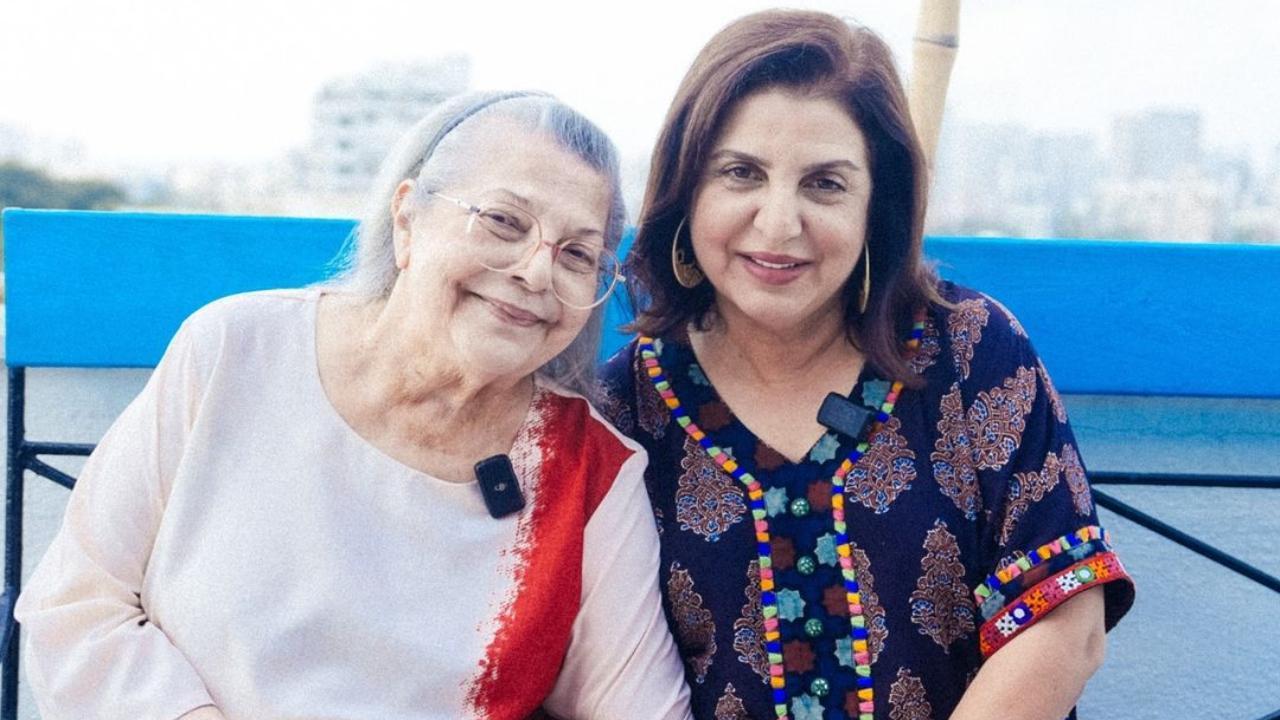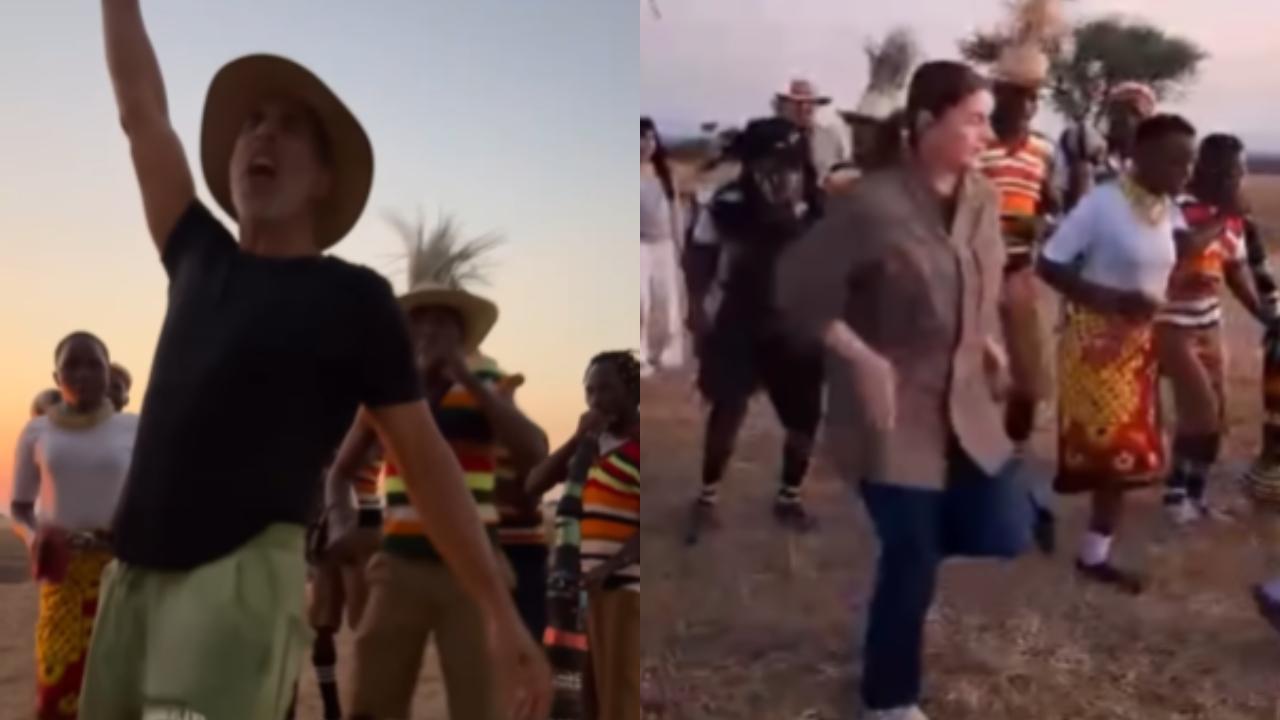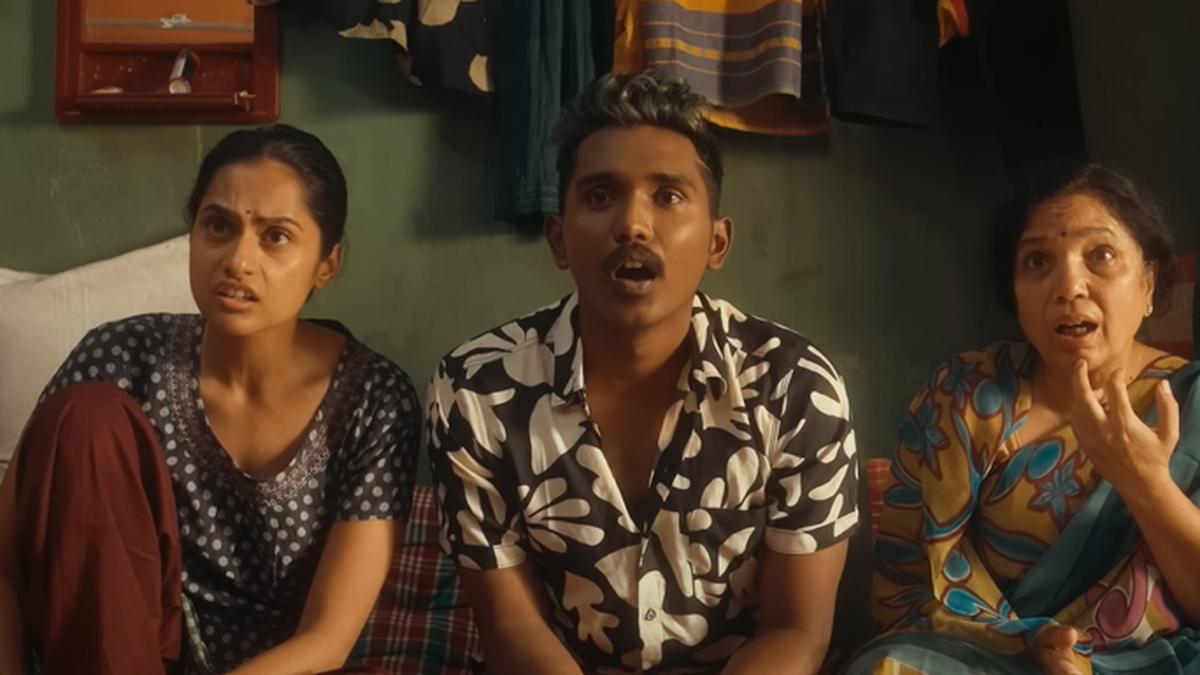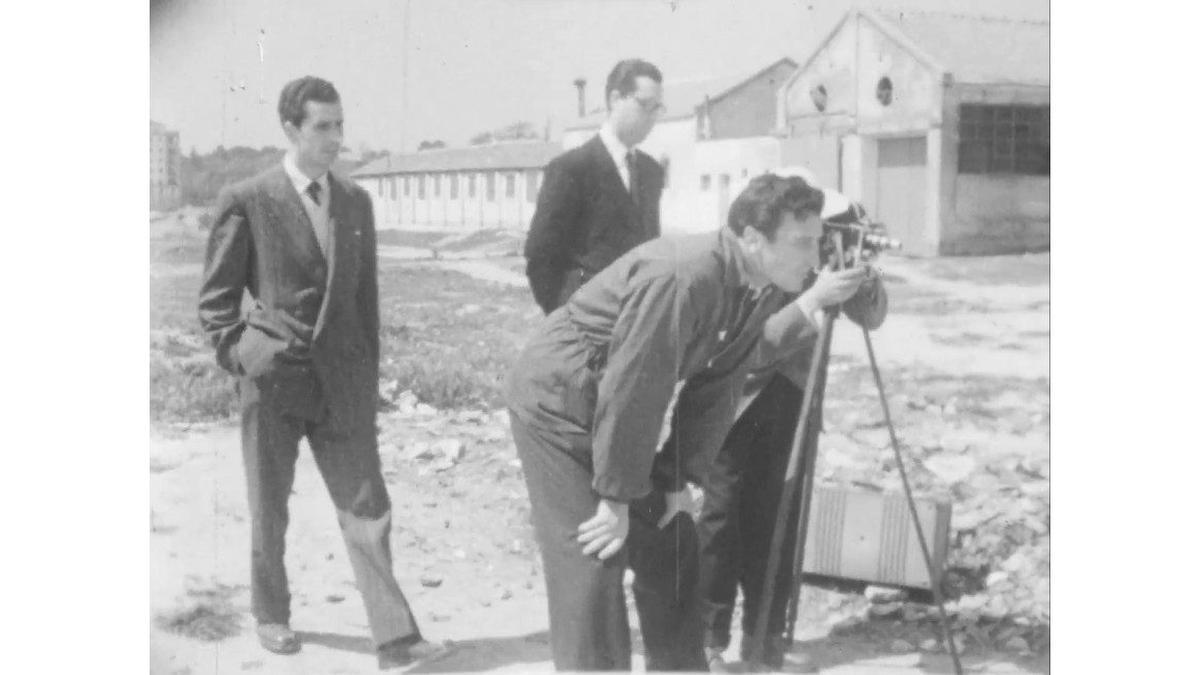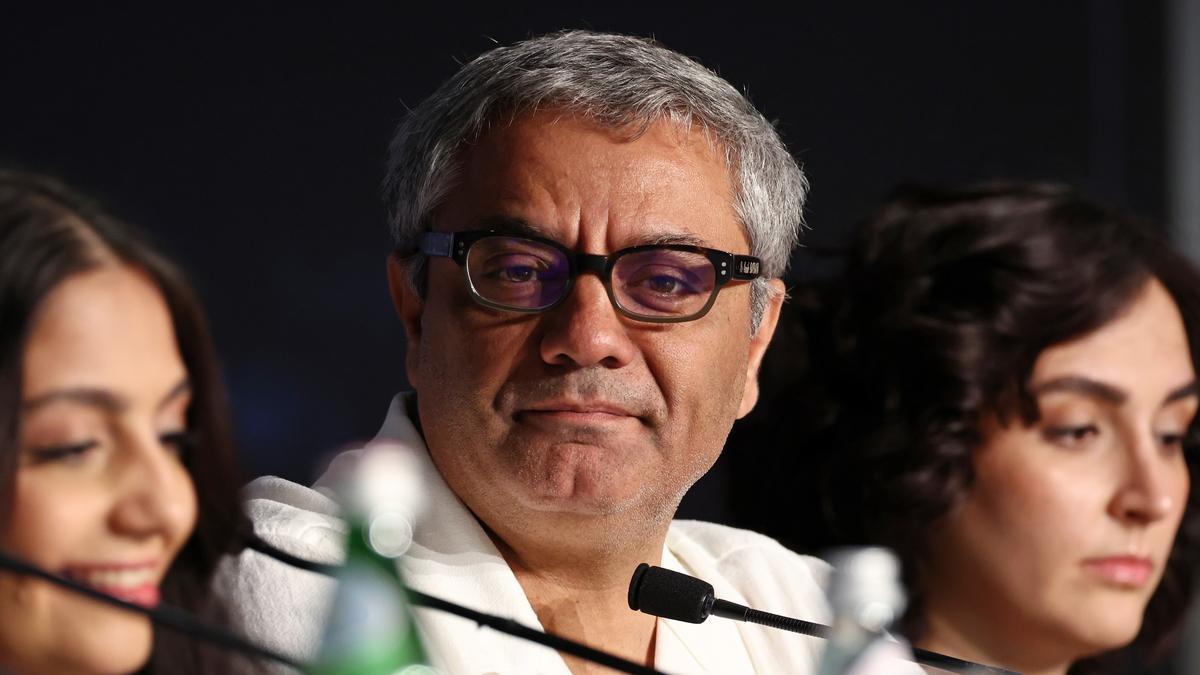
Iranian director Mohammad Rasoulof recalled how he had to decide within hours whether to go into exile or serve a prison sentence, saying it was still difficult to talk about it during a press conference at the Cannes Film Festival on Saturday.
Rasoulof was in the French Riviera town for the premiere of his new drama, The Seed of the Sacred Fig, almost two weeks after announcing he had fled Iran and entered into exile in the wake of his sentencing to eight years in jail and flogging.
After he learned that he had a week left before his sentence would be implemented, things moved quickly, he said, especially as authorities had caught wind of the existence of his new film. “I had to say to myself, well, do I want to be in prison, or should I leave Iran, geographic Iran, and join the cultural Iran that exists beyond its borders?” recalled the director.
Rasoulof detailed the harrowing moments leading up to his decision. “It took me two hours to take the decision. I walked around, I paced around my house. I said goodbye to my plants that I love, and I have many, many plants in my house,” he added. This walk of farewell marked a poignant moment, indicative of the metaphorical and literal uprooting he was about to undertake.
Then, Rasoulof left all his belongings and walked out of the house. “It’s not an easy decision to take. It still isn’t easy even to talk about it today with you,” he told journalists. These words echoed the deep emotional turmoil he faced, knowing each step away from his home was laden with the unknown dangers of exile but also with the heavy burden of leaving behind his homeland and its rich cultural tapestry.
Iran’s culture minister Mohammad Mehdi Esmaili told state media this month that Rasoulof’s film had been made illegally and there would be a crackdown on movies without permits. This announcement further underscored the perilous nature of the artistic environment in Iran, where filmmakers and creators find themselves constantly at odds with stringent state regulations and the fear of severe reprisals.
The Seed of the Sacred Fig is about a court official who grows increasingly controlling of his family during the 2022 protests over the death of Mahsa Amini, a Kurdish woman arrested by the morality police for allegedly flouting dress codes.
. The film, set against the backdrop of socio-political unrest, is a potent exploration of the personal and familial impacts of authoritarian control and societal strife.
The film drew the longest standing ovation at the festival after its premiere on Friday night and was well received by critics who called it “mesmerizingly gripping” and “shattering”. Such critical acclaim highlighted not only Rasoulof’s storytelling prowess but also the importance and resonance of the themes he chose to explore.
The director, who has been arrested and detained several times for charges ranging from filming without a permit to “collusion against national security”, said that the idea for the film came from years of confrontation with secret services. This constant clash with state authorities has defined much of Rasoulof’s career, shaping his narrative style and thematic choices.
“All these characters were inspired by real people, all the scenes come from real situations,” he said, adding that experience has also made him adept at avoiding secret services. This statement underscores the authenticity and rawness of Rasoulof’s storytelling, drawing directly from his lived experiences and the oppressive surveillance of artistic expression in Iran.
During the press conference, Rasoulof elaborated on the risks and realities of being an artist under such a regime. “Our life is fairly similar to that of gangsters, except we are gangsters of the cinema,” he joked at the news conference. This quip was tinged with a dark humor that highlighted the constant peril filmmakers face in Iran, likening their clandestine operations to those of underground revolutionaries.
Rasoulof’s narrative, both personal and cinematic, offers a stark insight into the sacrifices and challenges faced by artists in repressive environments. His story is not just a tale of personal struggle but also an emblematic reflection of the broader conflicts within Iranian society. Through The Seed of the Sacred Fig, he continues to illuminate the dark corridors of authoritarianism, pushing the boundaries of what is seen, heard, and ultimately, understood.
In conclusion, Rasoulof’s presence at Cannes and his latest film serve as potent reminders of the power of cinema to challenge, provoke, and inspire—even in the face of seemingly insurmountable odds. His courageous decision and his unwavering dedication to his craft and principles resonate beyond borders, echoing the eternal struggle for artistic freedom.



